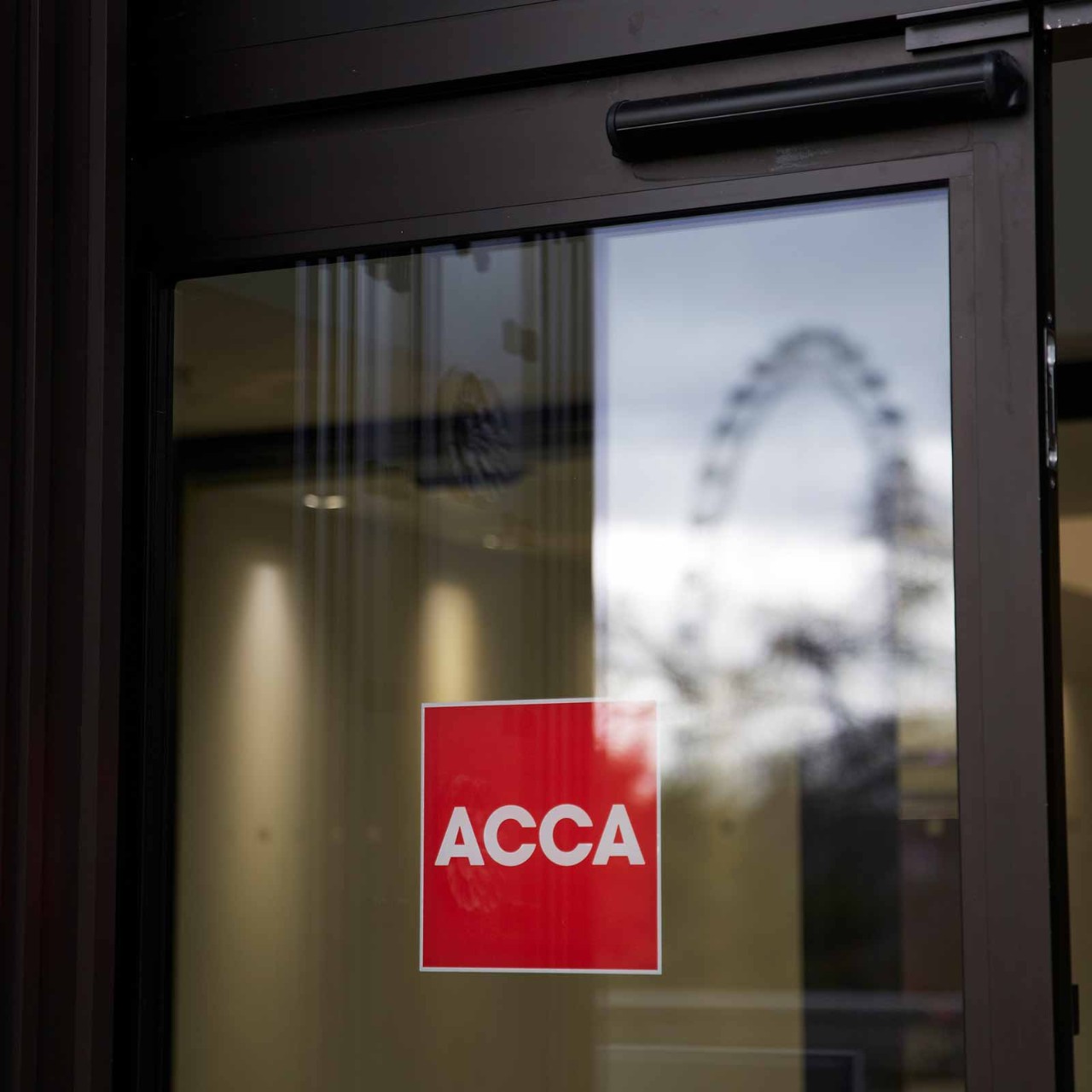
As businesses everywhere cope with the fallout of Covid-19, there are concerns that firms may fail to keep their eye on the diversity and inclusion (D&I) ball – and suffer as a result from talent constraints when growth resumes.
Kevin Koh, associate professor in the accounting department at Nanyang Business School in Singapore, understands why businesses are currently focusing on their very survival. However, he warns that deprioritising D&I strategies now may hamper their future potential.
‘If companies don’t keep their D&I focus, they risk not meeting the expectations of stakeholders’
‘Companies which continue to focus on D&I are more likely to retain their skilled employees when the demand for talent rises during the post-pandemic growth stage,’ Koh explains. ‘In addition, if they don’t keep their D&I focus, they risk not meeting the expectations of stakeholders, among whom such issues are gaining traction.’
While the major international accounting firms promote their D&I policies, many small and medium-sized practices are quietly pursuing equality as well.
No glass ceiling
At RSM Chio Lim in Singapore, for example, there is a broad representation of gender, cultures and ethnicity in the workforce of 1,000. Kaka Singh FCCA, its senior audit partner, says the firm does not use diversity quotas. ‘Our people are appointed, and promoted, on the basis of merit,’ he says.
There is no glass ceiling for women at this firm, with an almost even gender split among the directors and partners group (52% male, 48% female). Across the total headcount, women are overrepresented (66% female, 34% male).
The senior leadership team includes eight different nationalities, with that figure rising to 12 across the whole staff.
Singh believes the firm benefits from the diversity of its talent pool, which is multilingual (a distinct competitive advantage in an increasingly globalised business landscape) and helps to foster a collaborative, supportive team culture.
Model of harmony
For some, personal experience informs their actions. Growing up in multicultural Malaysia, Poovarni Rajagopal FCCA knew no other way, and she also saw D&I formalised in the workplace during placements at PwC and EY.
As founder of her own small firm, Invatex Consulting, Rajagopal employs a close-knit team of five, representing different races and cultural backgrounds. She feels this diversity enhances the firm’s offering. ‘For one, we have multiple languages in-house,’ she says. ‘This helps when serving all levels of client, from small businesses to big companies.’
In recognition of individual employees’ values, the cultural or religious festivals important to each colleague are celebrated by all. She feels this approach also sets an example of harmony, especially for young people, who tend to be more socially isolated in the digital age.
Core strength
After moving to Australia from Vietnam to study accountancy, Harry Hoang decided to stay. However, as an international student in Canberra he struggled to find a professional placement when ‘80% of the job market required citizenship’. He says: ‘The Big Four had policies for graduates, but for international students competing with locals it was almost impossible – they end up working in a café or some such.’
Hong Kong’s D&I charter
The Racial Diversity & Inclusion Charter for Employers was launched by Hong Kong’s Equal Opportunities Commission to provide guidance for building diverse and inclusive workplace cultures. It offers interested employers a checklist of policies and practices they can implement to further their D&I objectives.
‘In our firm, we don’t label people’
Hoang, who eventually founded his own firm Tailored Accounts, says: ‘D&I was in our business DNA from day one. My philosophy was always to give back to students who had experienced the same problem.’
Hoang’s first employee, taken on in 2010, came from Japan. ‘She’s still with us today,’ he says. ‘The second was from Myanmar, and so on.’
Over the past 10 years, Tailored Accounts has provided at least 200 job opportunities to people from all over the world, which Hoang believes to be ‘the core strength of our business’, adding: ‘We are so good at working with people of multiple and diverse cultures that clients feel comfortable we can service them, regardless of where they come from.’
Hoang’s workforce is not age-centric, either. He has employed mature professionals approaching retirement or who have retired but wish to contribute again by returning to the workforce part-time.
‘In our firm, we don’t label people. Someone who has reached the point in their career where earning a salary is not a driving purpose brings huge value to our business,’ Hoang says. ‘Naturally, we want someone like this working with our young interns. One who was mentored by a senior staff member won Australian National University’s Outstanding Intern of the Year award, and that tells you it works.’
For its efforts Tailored Accounts, which remains Canberra-based, with branch offices in Brisbane and Sydney, won the D&I prize at the Australian Accounting Awards 2020.
Mid-tier buy-in
As an early signatory to the Racial Diversity & Inclusion Charter for Employers in Hong Kong (see box, above), in 2018, and a strong supporter of gender diversity campaign group the 30% Club, BDO Hong Kong wears its D&I credentials on its sleeve.
Johnson Kong, managing director of non-assurance, says BDO is committed to being an equal opportunity employer and creating a harmonious and discrimination-free workplace. ‘Fostering a culture and environment for enhancing racial diversity and inclusion is an essential part of our efforts,’ he says. ‘It is also the corporate responsibility of our firm to extend this belief to the community and build an equal opportunity workplace in Hong Kong.’
BDO has formal policies in place to stamp out any prejudice based on sex and race, and seeks to offer equal opportunities regardless of gender, disability, family status, and so on. ‘Every job vacancy is open to all applicants, and recruitment is based on merit evaluation,’ says Clement Chan, managing director of assurance at BDO.
‘We consider only the competencies, performance and potential of our employees based on the genuine requirements of the position as well as the principle of fairness to all staff,’ adds Kong.
To foster inclusion at the workplace, a number of family-friendly benefits have been in place ‘for a long time’, such as infant school starter leave, extended parental leave, and medical benefits for staff and dependants.
'Our staff feel more satisfied, motivated and committed when working in a discrimination-free environment with an inclusive culture'
Kong says that with women making up 37% of its partners and 67% of its department heads, BDO far exceeds the comparable data of both the Hong Kong financial services sector (where women hold around 28% of management positions and 13.8% of directorships of Hang Seng-listed companies), and BDO’s regional average ratios of women at partner level all over the world.
Kong and Chan agree that BDO Hong Kong’s D&I policies aid their talent acquisition, staff retention and engagement.
‘We can hire, retain and develop talents who are most suitable for the position,’ says Kong. ‘At the same time, our staff feel more satisfied, motivated and committed when working in a discrimination-free environment with an inclusive culture. Staff enjoy working with colleagues from different countries and share different cultures, knowledge and experiences.
‘Clients also benefit from our diversities, and we can serve them much better in accordance with their needs. All these advantages and positive feelings can be translated into better performance, higher productivity, client satisfaction and greater contributions to the growth and success of our firm.’
Further information
What does the future hold for practitioners? A new AB podcast series offers advice to professional accountants, looking at trends affecting the profession and how to respond and adapt to these changes.





